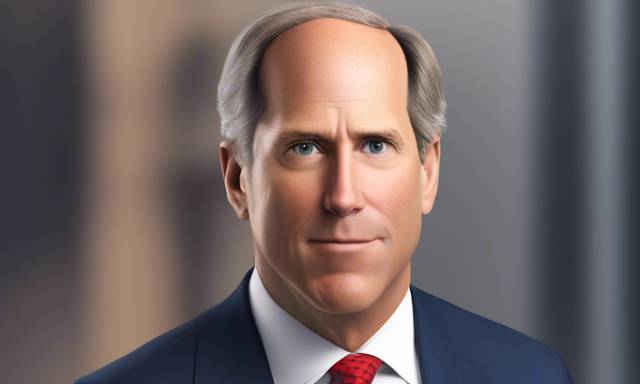Unpacking the Uniswap Controversy: Deployment Costs and Allegations 💬
This article delves into a recent debate surrounding Uniswap, a major decentralized exchange, and its alleged financial interactions with Layer 2 (L2) networks. The discussion, which originated on Twitter, raises questions about transparency and ethics in the DeFi space. This year, allegations emerged suggesting that Uniswap may have received hefty payments for utilizing certain L2 platforms, particularly Celo.
Initial Question Sparks Debate 🔍
The controversy kicked off with a curious inquiry from a Twitter user: “Why doesn’t Uniswap deploy to more L2s? Costs them nothing.” This question opened the floodgates for discussions about Uniswap’s deployment strategy, which has been perceived as cautious. Users began speculating on whether Uniswap was avoiding these expansions due to a lack of financial incentives.
- Some users suggested that spending money on L2 integrations could be lucrative for Uniswap.
- Claims arose that Celo provided substantial funding to Uniswap to incentivize collaboration.
One specific claim suggested that Celo had given Uniswap $10 million to facilitate deployment, plus an additional $10 million for user incentives linked to carbon credit trading.
The Nature of Allegations 🌐
Through various exchanges, the allegations gained momentum and painted a picture of Uniswap potentially prioritizing finances over technical efficacy or community interests. A particularly thought-provoking comment from another Twitter user stated that Uniswap could engage in more L2 deployments if they were financially compensated.
- Critics pointed out that many L2s struggle with low trading volumes, leading to questions about the sustainability of deploying on platforms that may not financially benefit Uniswap.
- Alexander, a user involved in the debate, highlighted the notion that Uniswap’s lack of a fee-generating token model might contribute to its reticence in expanding to more L2s.
Addressing the Claims: Uniswap’s CEO Steps In 🗣️
The intensifying speculation caught the attention of Hayden Adams, the CEO of Uniswap, who felt compelled to intervene. He aimed to set the record straight regarding the alleged financial exchanges mentioned throughout the discourse.
“I rarely engage with forks trying to bait engagement, but for the record this is completely false. Neither Uniswap Labs nor Uniswap Foundation have ever charged for a protocol deployment.”
Adams’ public response sought to clarify misconceptions and redirect the narrative surrounding Uniswap’s operational integrity. His statements underscored the platform’s commitment to fair and transparent practices in its deployment processes.
Challenges Facing Uniswap 📉
The discourse surrounding deployment fees comes amid other challenges for Uniswap, particularly regulatory scrutiny. Earlier this month, the Commodity Futures Trading Commission (CFTC) found that Uniswap Labs had conducted activities related to leveraged trading of digital assets without following the proper regulatory frameworks. This has raised significant alarms within the DeFi community.
The investigation revealed that Uniswap’s trading protocol permitted users to engage in transactions involving leveraged tokens, which should ideally occur on markets registered with the CFTC. The findings indicated potential violations of critical regulations, such as the 28-day delivery rule for commodities.
While Uniswap Labs cooperated with the investigations and received a lesser penalty as a result, the implications of these regulatory encounters remain significant. Additionally, the Securities and Exchange Commission (SEC) has also signaled potential inquiries into Uniswap, further complicating its current standing in the evolving landscape of decentralized finance.
Hot Take: Navigating the Future of DeFi 🚀
As discussions regarding deployment practices and regulatory challenges continue, the future of Uniswap and its operational strategies will undoubtedly be influenced by how it navigates these waters. Transparency and adherence to regulatory requirements will be crucial going forward. The recent debate serves as a reminder of the importance of clear communications and ethical practices in an industry rife with risks and uncertainties.
This year has undoubtedly brought both challenges and opportunities for decentralized protocols like Uniswap. As the landscape continues to evolve, staying apprised of developments in regulatory frameworks and community expectations will be essential for their success.





 By
By
 By
By



 By
By